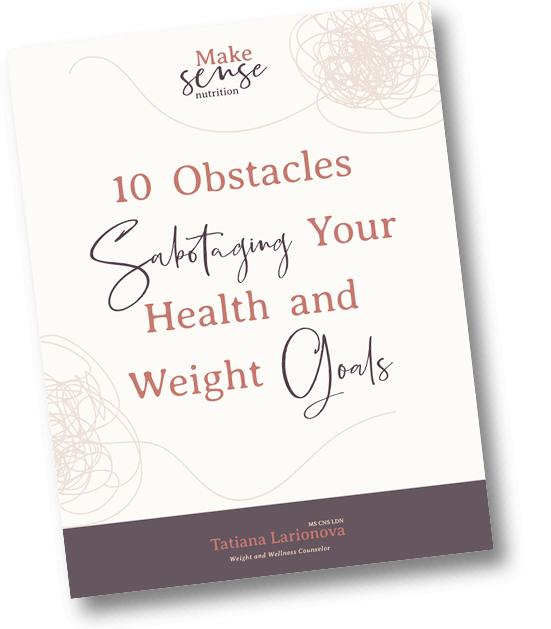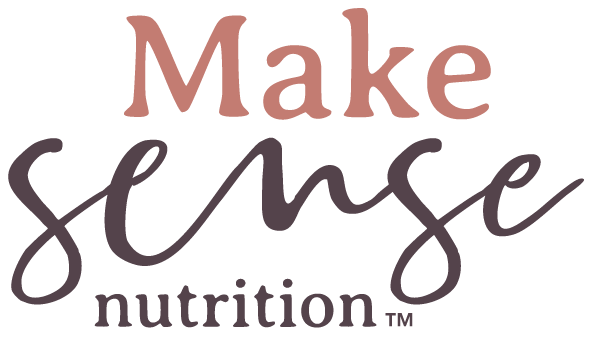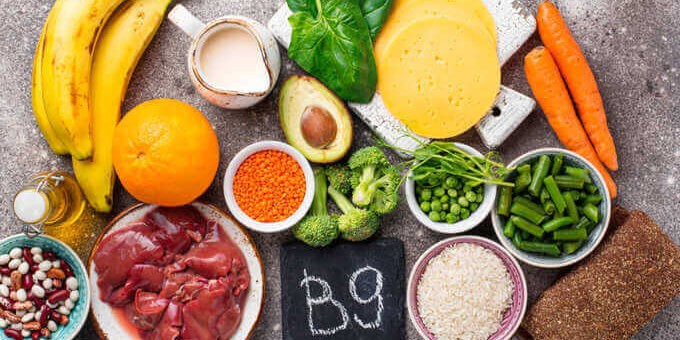Blog
HOW MUCH PROTEIN SHOULD WE EAT?

Protein is essential for our health (and looks). We need it to make tissue (like muscles), hair, enzymes, skin, antibodies and many other things in our bodies.
There’s a ton of confusing information regarding how much protein to eat. Proponents of body-building and increasing lean body mass suggest to consume as much as 1-2 g per pound of weight, which may end up being too high particularly for people in overweight or obese category.
The current recommended dietary allowance (RDA) for protein is 0.8 grams per kilogram (g/kg) of body weight a day for adults over 18, or about 2.3 ounces (65 g) for a 180-pound adult.
RDAs are values identifying the minimum amounts of a nutrient or element that is needed to not develop deficiency or get sick – so they do have limitations and should be used as guidelines or benchmarks, not necessarily as precise recommendations.
Some scientists studying how nutrition effects longevity and health span insist that generally Americans consume too much protein by making it the center piece of any plate (eggs for breakfast, chicken or beef for lunch and dinner). Dr. Valter Longo in his book Longevity Diet and several research studies published over the years suggests to consume no more than 0.36 g of protein per pound of body weight. For a 150 lbs person that would be 54 g a day (similar to RDAs). According to him, any protein in access of this amount not only isn’t helpful in muscle preservation and growth, but could be harmful through initiating pathways that are implicated in ageing and even development of cancer, cognitive decline and degenerative diseases and other chronic diseases.
Mind you, most foods you eat contain protein – both animal and plant sources. You don’t have to gorge on chicken breast and greek yogurt to ensure you get the recommended amounts – a serving of rice and beans combo can supply you with as much as 20 g of complete (meaning it has all essential amino acids) protein.
Protein is the most thermogenic (requires most energy to be digested) out of all macros. It also keeps you satiated for longer, meaning you won’t be getting hungry as often, which may lead to reduced food consumption.
However too much protein (when in excess of your energy needs) may be converted to sugar in the liver, which in turn might end up as fat in your fat cells. Therefore more is not necessarily better.
If you track your food intake, aim for anywhere between 15-25% calories from protein sources (1 g of Protein is worth 4 calories – practice some math here) – for me that is around 65-100 g. It’s quite a spread, though it all depends on how active I am on any particular day, whether I’m doing resistance training or maybe recovering from a cold.
Check oUT OTHER RECENT POSTS
Nutrient Spotlight: Folate
Nutrient Spotlight: Selenium


Hello, I’m Tatiana. I am a Licensed Dietitian Nutritionist and a Certified Nutrition Specialist.
I help people
- normalize their relationships with food,
- peel off the layers of misunderstood physical, nutritional and emotional needs,
- lose weight as a side effect of finding peace with food,
- stop obsessing about food and
- start living the freedom!

FREE DOWNLOAD
What stops you from getting in your best shape?
- Do you spend hours searching for the latest, most effective diet?
- Are you exhausted from using up so much energy and mental space on dieting and weight solutions?
- Are you uneasy around food and can’t seem to trust yourself to eat just enough for your body?
- Do you deal with challenges getting in the way of your healthy eating goals?
I’ve compiled this free tool - a list of 10 Obstacles Sabotaging your Health and Weight Goals that will help you pinpoint challenges you are dealing with that stop you from moving forward.



